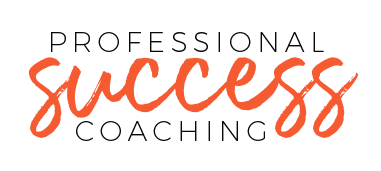Zoom Fatigue is Real
Host Sheila Boysen-Rotelli is discussing the current reality that we find ourselves in where most of our interactions take place over Zoom. It has been a year now and the Zoom fatigue is definitely real, but there are things you can do to help!
Episode Highlights:
Zoom fatigue is something that most of us have been living and experiencing for the last year
Though video conferencing is by no means new technology, its heightened use is new for everyone
Over the last decade, there have been many innovations in video conferencing technology
Zoom is the one getting a bad reputation, but this phenomenon is interchangeable across video platforms
There are four key factors that make Zoom fatigue a unique and exhausting experience
It’s very unusual to have everyone staring at you all the time which brings on a state of stress
The more people that are staring at you, the worse the anxiety of public speaking, even if you are not speaking
Depending on your computer setup, the size of the faces on your screen can make it feel like people are in your personal space
There is a difference in cognitive processing between audio and audio-visual concentration
Give yourself audio-only breaks whenever possible so that you can decrease the cognitive load
Human beings aren’t meant to be looking at themselves all day which has a strange effect on the human mind
You can fix the settings on multiple video platforms so that you don’t have to see yourself
When you are video conferencing, you are basically stuck in the same place for long periods of time
Encourage meetings over the phone so that you are freer to move around
While there is value to video meetings, there is something freeing about a purely audio connection
Zoom isn’t going anywhere, so reflect on what is in your control to reduce the fatigue
3 Key Points:
It has been one year since the world shut down and everyone had to make the switch to video meetings.
Extended periods of close-up eye contact on Zoom have been linked to similar anxiety of public speaking, regardless if you are the one speaking or not.
Whenever possible, it’s important to switch to audio-only, as in turn your camera off and turn around. This helps decrease the cognitive load and increase your ability to focus.
Tweetable Quote
“I think, maybe 2020 is when “zooming” became a new term.” - Sheila Boysen-Rotelli
“It just gives us a chance to pause and think about how we might be able to use it in a different way, in a more mindful way, in a way that’s going to cut down on this fatigue.” - Sheila Boysen-Rotelli
“Zoom pretty much turns every single one of us on every call into a constant speaker who is smothered in eye gaze.” - Sheila Boysen-Rotelli
Resources Mentioned:
Contact Sheila at sheila@professionalsuccesscoaching.com
Fast Track Your Job Search: fasttrackyourjobsearch.com

